We spoke with the director of the Associació in via, winner of the Solidarity Award 2020 for its work on behalf of people who suffer violence and discrimination.
Standing up to violence and different forms of exclusion and discrimination is the leitmotiv of the Associació in via, which has just been recognised with the Premi Solidaritat 2020, granted by the Institut de Drets Humans de Catalunya (IDHC). With 68 years of history and struggle behind it, in via is clear that it is essential to address this struggle from an intersectional approach, that is, looking beyond the established parameters and making solutions visible in a more comprehensive way. We spoke with the organisation's director, Carme Laorden.
What was the first thing that came to your mind when you found out that you had won the Solidarity 2020 Award?
We were very happy because it was a long-awaited award, in fact last year we were finalists. It also encourages us to move forward and means recognition for our way of doing things, which has a lot to do with the intersectional approach we work with. It is very clear to us that the classic systems of oppression, such as sexism, lesbophobia, transphobia and so many others, must be aborted from this perspective in order to be effective in the responses and strategies to confront them.
Why does the Associació in via deserve this award?
First of all, we understand that it has been recognised that we have been working for a long time. For 68 years we have been working for the defense of rights, especially for women and groups made vulnerable by structural systems of oppression. We have accumulated a lot of expertise in this regard. Also because of this intersectional approach and the gender perspective that we apply to our interventions to combat this violence. We believe that we deserve it for all this thickness: experience and perspective.
A work that has a great team behind it.
Personally, I am very happy for them. It is very satisfying to be recognised for the great work they do on a daily basis from the trenches, at street level and with a lot of effort and dedication. And I'm not just talking about the current team, but about all those who have worked for the association over the last 68 years.
How many people are involved in the Associació in via today?
The team of professionals working at the Associació In Via is made up of about sixty people. In addition, of course, to volunteers and members, who are always behind us giving us support and warmth.
The award also gives visibility to the cause you fight for every day.
Yes, it is also important to give a voice and raise awareness of the importance of defending the rights of vulnerable people, of whom there are unfortunately many. In a way, the award serves as a showcase to make visible the people who suffer multiple forms of violence and discrimination that we have to work on and fight against. It is a recognition of the work we do, but also of the cause we defend.
The Associació in via has a long history. How has it evolved over the last 68 years?
In all these years we have never stopped moving, we have always been very alert to the needs that have arisen, but it is also true that over time there are aspects of our work that have always been present, such as, for example, the comprehensive accompaniment we provide. We look at and work with the person not in isolation, but with this transcultural and intersectional perspective. We have always had this.
New problems are always appearing.
Yes, we are constantly adapting to the new needs we detect. Now, we are working very hard on children's right to education, especially in relation to access to information and communication technologies (ICTs). However, there are areas that define us and we will never stop working, such as residential care and shelter for victims of gender-based violence.
Are women the group you work with the most?
We started with women. And we will continue. What happens is that when we talk about women, children and the family are always next to them. In fact, all the work of the association is based on the situation of women; from there, other needs arise, such as looking after their families. Thus, women and children are our main focus, but we also take into account any other vulnerable group.
Has the model of care you apply changed?
Not that it has changed, it has expanded. Care is becoming more comprehensive and specialised. Perhaps what has changed the most is the response: more global, more comprehensive and more specialised.
What tools do you provide to the people you accompany to help them escape from exclusion?
Our services can be divided into 4 main areas. The area of accompaniment for women, where we work a lot on the therapeutic side and psycho-emotional recovery from the residential area, with 24-hour care. Then there is the area of accompaniment for families and children, that is, everything related to conflict resolution, detection and prevention of child abuse and exclusion, especially in the field of education. We also have the area of labour insertion and training and the area of technical training, both internal and external, in gender and human rights.
Is there any case that you have dealt with that has had a particular impact on you?
I can't say one because there are many. Unfortunately, reality exceeds everything we can imagine. It is also true that there are many cases that we get out of and we are very satisfied with how they evolve, but the impact when they arrive is really important.
Does the fact that there are still organisations such as the Associació in via mean that we are doing something wrong as a society?
Yes, we have many challenges ahead of us. I would stress that administrations, organisations and society in general have to work together, because otherwise it will be difficult for us to succeed. We have been working for 68 years and unfortunately we do not see that these problems of exclusion and discrimination can be reversed overnight. The fight against systems of oppression and the defence of human rights is a long-distance race and we need structural solutions.
Where have we made progress and where is there still much work to be done?
Progress in all areas of people's rights is clear. For example, with the equal opportunities law. We have moved forward, but I always say that this is a long-term task and there are still many issues to be resolved. For example, in the workplace, women still get paid less. In terms of violence, much more progress needs to be made because there are still murders and deaths every day.
We have to make visible the forms of exclusion that still exist. Is it the media's job?
Obviously, they have part of the responsibility, but as does society as a whole. We have to get more involved. We have to give more voice to the work done by professionals and organisations that work on these issues, we should not just focus on the impact of the case that appears in the press. We need to talk more about the problems we face, the difficulties we encounter. We, for example, are still a social entity that works with subsidies, and this is even more complicated.
Is there a lack of institutional support?
Not so much. We have institutional support, but we believe that the model is failing. This is changing, we should tend more towards the social agreement, as, in fact, is already being done. The administrations need to understand that they have to go hand in hand with the organisations, that we are with them. It is not a question of who does it better, but rather of all of us rowing together to achieve the same goal.
I'm sure the pandemic has made your work even more complicated.
It has had a big impact on us, as it has on all of us. We didn't stop working, we adapted and many services have continued to function in the same way, such as residential care or the child response service. The rest have not stopped either, but as far as possible we have had to prioritise teleworking, which in terms of the services we offer is no easy task. The blow has also been hard, obviously, for many of the people we serve, who have been left in a very precarious situation.
And internally?
Covid has also had an impact on the health of the teams. We put in 200% at the time of the confinement and, of course, if the hospitals didn't have Integrated Protection Equipment (EPI), imagine our residential services. It was crazy to be able to continue providing coverage. Fortunately, we have had very few people infected, but it has meant a huge effort. And the wear and tear on the teams and the emotional burden is noticeable.
What are the challenges for the future of the Associació in via?
As far as the association is concerned, the challenge is to be able to continue offering this coverage, but it is true that we depend a lot on the economic side. We are trying to get not only the administration to give us this support, which is its responsibility, but also civil society and companies to get involved and lend us a hand. In this country there is a lot of solidarity, but it is more difficult for small organisations like us, who have been working for many years but do not have such a visible name.
Hopefully this award will help us in this sense. As professionals, we must continue to try to get the most out of these difficulties that are arising and the emotional suffering of the families and women we attend to, which is a lot.
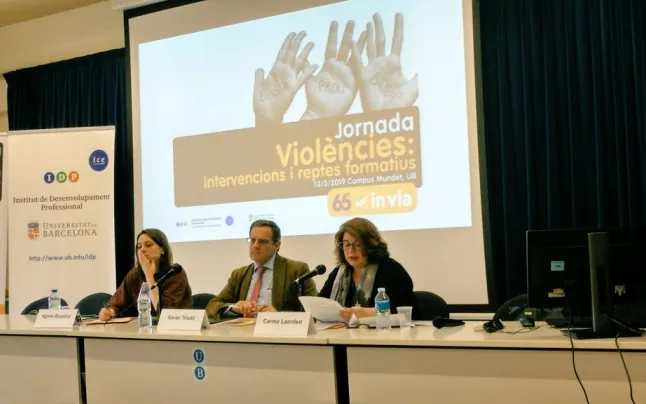
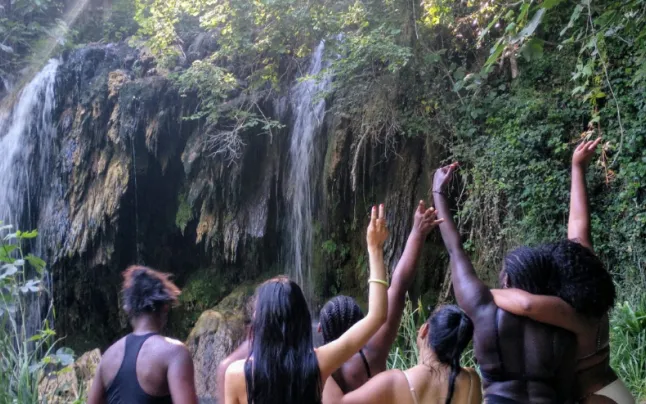
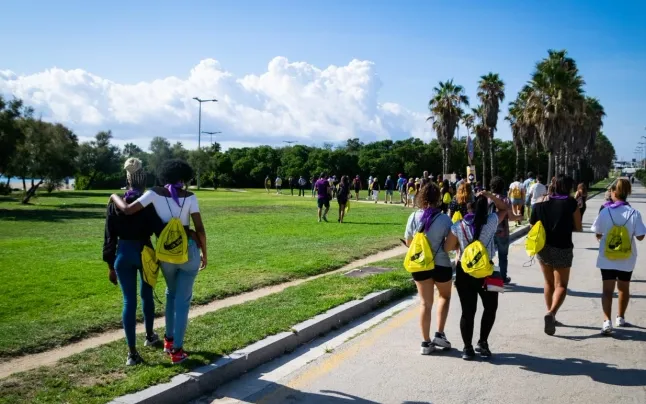


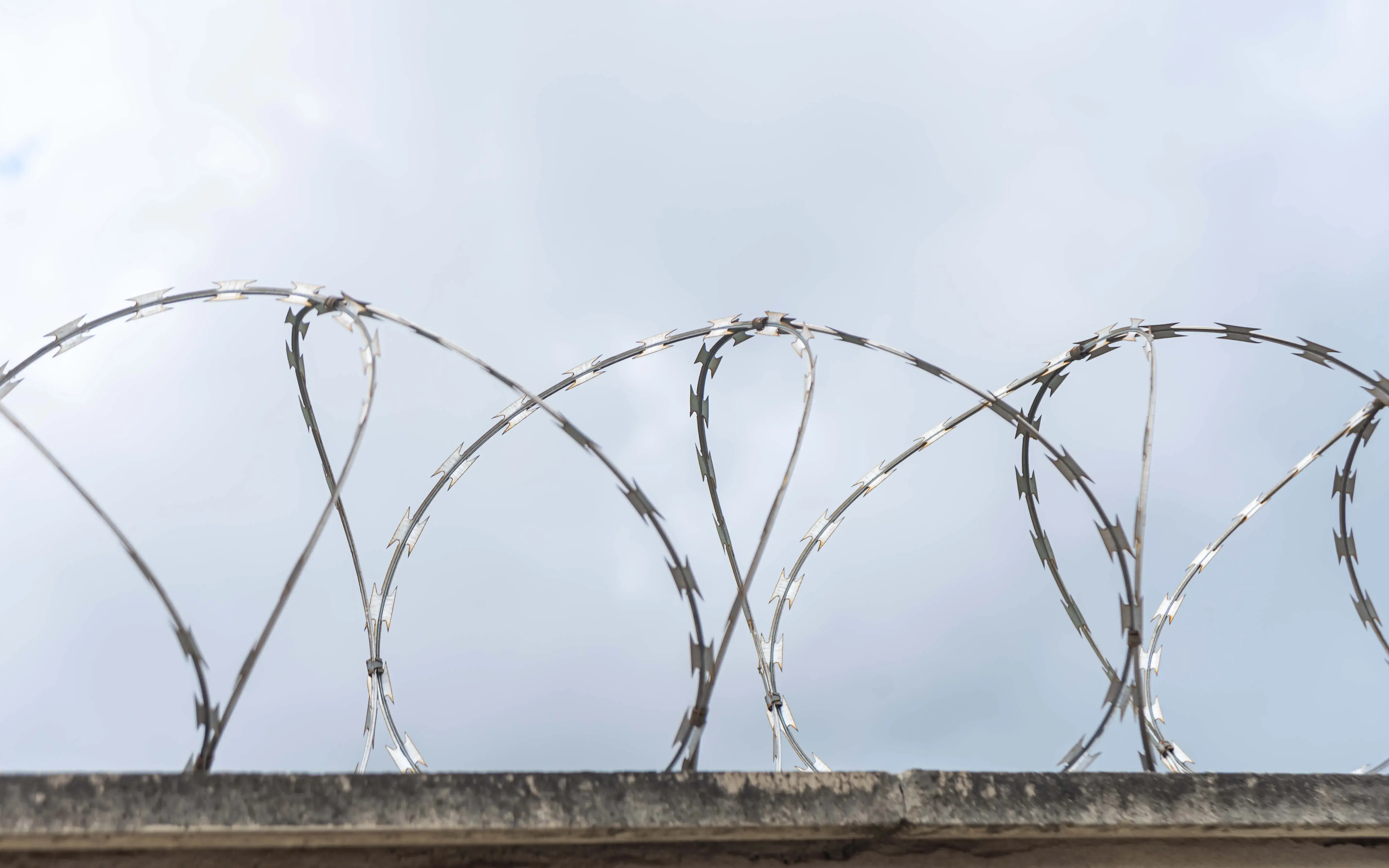
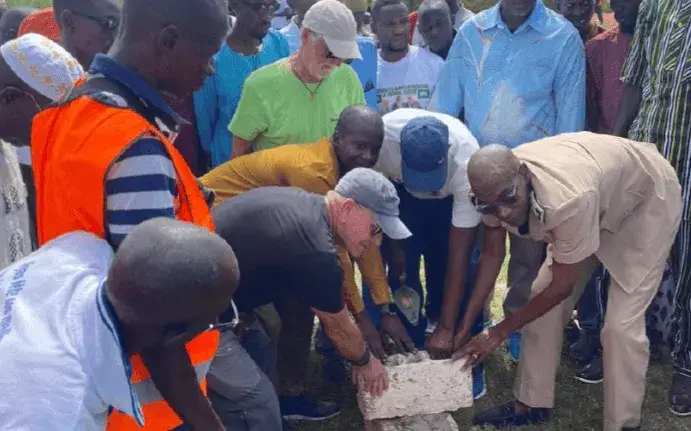


Add new comment